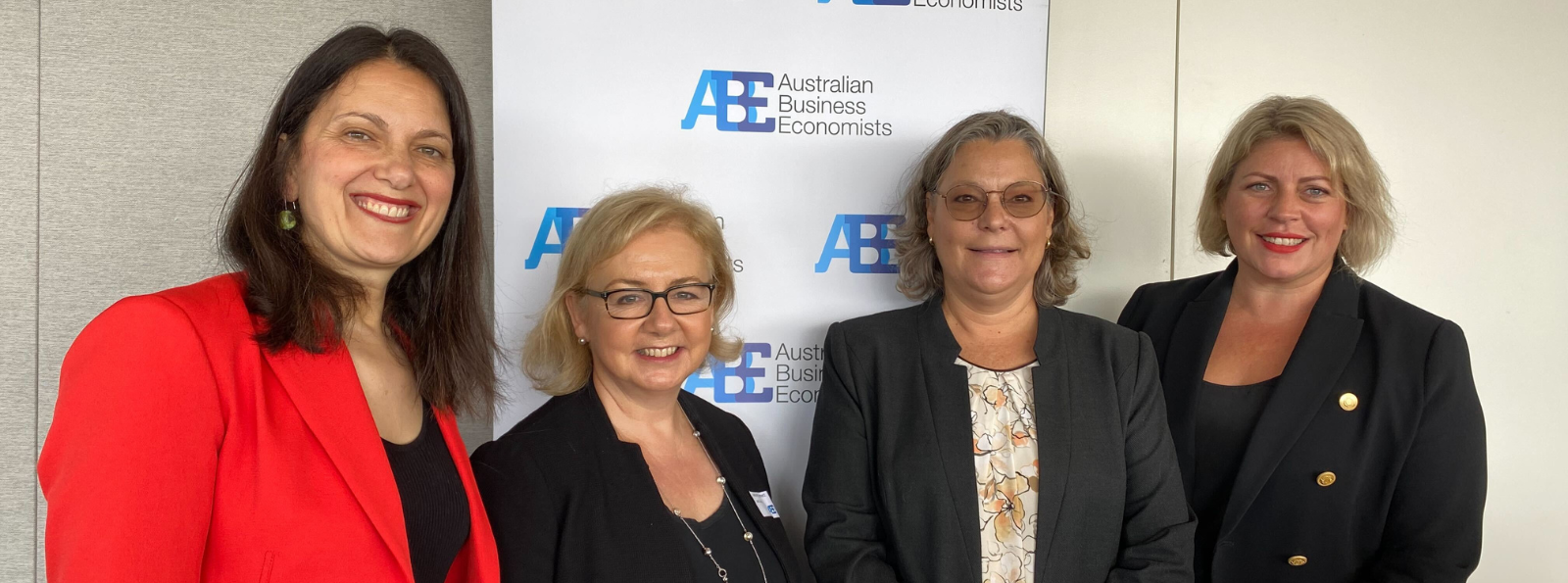Why the RBA could “over hike” into a recession (and exacerbate the housing crisis)
Australian assets are not priced for a recession and that’s also the consensus view of local economists.. But what if the Reserve Bank tightened interest rates so much that it caused one?
It’s a possible scenario.. Historically, it’s actually not uncommon. As recently as this economic cycle, the Reserve Bank of New Zealand raised its respective interest rate by at least 400 basis points. At its last meeting, the RBNZ signalled more rate hikes were on the way. In spite of this, the economy is now either in, or likely to enter, a recession.
Here in Australia, the possibility of a recession was the topic du jour at the annual Australian Business Economists’ Forecasting Conference. For the first time in three years, the conference was also held in person at the RBA’s Sydney headquarters.
The following wire summarises the key highlights from the conference’s last panel, which addressed the impact of the economic landscape on financial markets.

The Panel
- Besa Deda, Westpac Business Bank chief economist (featured in this picture as chairwoman of the ABE)
- Felicity Emmett, ANZ senior economist (ex-Royal Bank of Scotland and ABN Amro)
- Nicki Hutley, independent economist (ex-Deloitte, Urbis, and KPMG)
- Cherelle Murphy, EY chief economist (ex-Austrade, ANZ, RBA)
Don’t rule it out just yet
While the possibility of a global recession can’t be ruled out, it certainly has diminished in the last few months.
“Certainly the likelihood that the UK and Europe go into a recession is quite high but the chances in the US have receded a bit,” Emmett said.
The robust jobs market and economic growth that has held up – even if the manufacturing and services activity data doesn’t show it – are among the well-known reasons the US may avoid a deep recession. China’s reopening also helped.
“Where the uncertainty lies is how much central banks need to do to quash inflation and if they go further than we expect, it might mean we have to have a harder landing than we are currently expecting,” Emmett added.
Hutley took a more hawkish view, arguing there is a “greater than 50%” chance of the Reserve Bank being the cause of any Australian recession.
“The uncertainty factors are just so high at the moment,” she said. “This is about how much central banks feel they need to do and how much of this is about regaining credibility at all costs, he said.
…And what about the RBA?
Although much of this story will depend on the Reserve Bank, economists such as Emmett continue to believe that the Australian economy will experience a material slowdown rather than a recession even as fixed rate mortgages roll off and consumer confidence is sour.
She has a three-pronged reason for this call.
“We will see quite a material slowdown this year but households are going into this period of higher interest rates with really large savings,” she said. “The household saving rate is still above where it was in the pandemic and mortgage arrears are very low. Crucially, the unemployment rate is low.”
But, as Hutley ended up pointing out, recessions are not just technical or definition-based. They are felt by the people on the street.
“Recession feels very different to different people. If we get unemployment from 3.5% to 4.5%, that may not involve a technical recession but you can bet the bottom dollar that people will feel terrible,” Hutley said.
And now, house prices
Depending on which article you read, the Bank of Mum and Dad ranks somewhere around fifth among the largest lenders to Australian r first home buyers. But what isn’t ambiguous is the impact the RBA has on the value of a home. Following the Reserve Bank’s statement last Tuesday, no less than seven publishing economists re-rated their profiles for the terminal cash rate much higher. One of those was Hutley.
“Obviously there’s more rate rises to come and more price falls to come,” she said.
And while governments can always do more, Hutley believes the existing solutions being proposed just don’t cut it. Ahead of its forthcoming state election, the New South Wales Government has proposed scrapping stamp duty for first home buyers only. And it’s this last part that has Hutley most concerned.
“We keep doing things on the demand side without doing anything on the supply side,” said Hutley.
“Every economist agrees with getting rid of stamp duty as it’s an inefficient tax. But to do it for a certain group only, and to do it in a way that has no intergenerational implications, is no better than the first home owner grants.”
In short, we all know what the solutions are. It’s just about governments doing something about it.
On the housing construction side, both Emmett and Hutley agree that the construction industry just didn’t need the stimulus given it was already benefiting from near-zero interest rates.
“These are problems that have gotten larger and larger over decades and they will take decades to repair,” Emmett said.
4 topics

